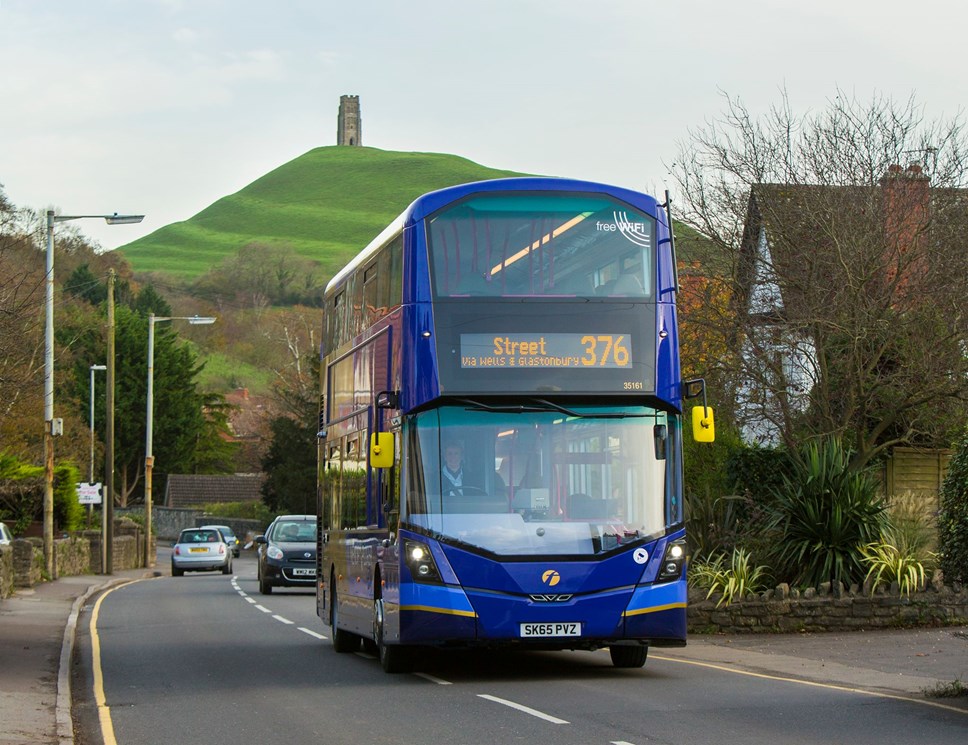
Six million more bus journeys made this year
Over six million more journeys were made by bus passengers in the West of England in 2023 compared to last year, according to new figures from the region’s largest bus operator.
First West of England, which manages services in Bristol, Bath, Weston-super-Mare, Wells and surrounding towns and villages, says almost 53 million passengers travelled this year compared to just over 46 million in 2022, as more people chose the bus as a sustainable, cost-effective way to get around.
Its figures also show improvements in bus punctuality and a reduction in the number of journeys cancelled or cut short.
This year, nearly 98 per cent of planned bus trips took place in full, with the remaining two per cent cancelled or reduced for a number of reasons, including driver sickness, vehicle issues or traffic congestion.
The number of journeys cancelled or being cut short fell by 60 per cent when compared to 2022.
This improvement comes as the company also revealed that in 2023, it added almost 80,000 miles to its bus network by adding new services, providing extra buses on existing services or extending current routes.
On punctuality*, almost 83 per cent of buses ran on time this year, compared to nearly 78 per cent last year – an improvement of almost five percentage points. This is above the average figure for England at 80 per cent (non-frequent services), according to the government’s latest figures.
Doug Claringbold, Managing Director for First West of England, said: “The past three years have been a tough time for the bus industry. Not only did we – like the rest of the world – have to contend with Covid, but we’ve also faced the challenge of encouraging people back onto buses in a world where people’s lives and travelling habits have dramatically changed.
“We have also faced driver shortages, continuing traffic congestion, and ongoing, significant increases in costs. But despite all of this, our customer numbers are growing, and I’m pleased that the hard work we’ve put into reviewing our network and amending timetables has not only enabled us to increase the number of buses but also reduce the number of journeys we’ve had to cancel or reduce as well as improving our punctuality.
“I’m confident that the great work our teams are doing to provide the best possible services will continue, and with our use of the latest cutting-edge technology to plan our network, we’ll be able to make even more improvements to our bus services.
“With well over a million passengers travelling on our services every week, we recognise we don’t always get it right, but I hope the figures we’ve released today show that we are moving in the right direction, and it will give current and future passengers the confidence to keep using our buses or give the bus a try.”
Notes to editors
* The bus industry defines an on-time bus as arriving between one minute early and 5 minutes, 59 seconds late to accommodate unexpected delays.
